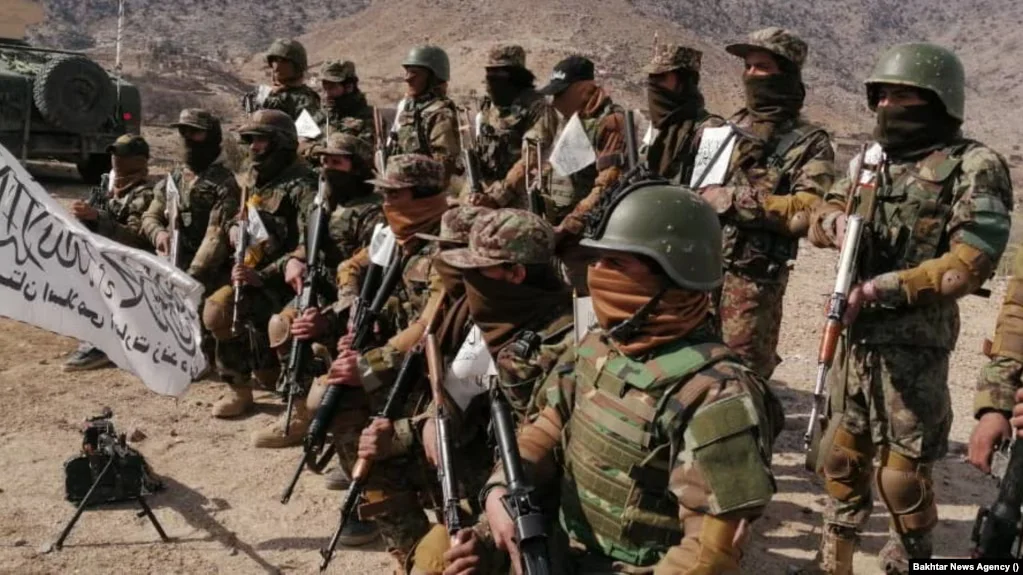Eisenhower Prediction of the Curse
President Dwight D. Eisenhower expressed his concerns over his predecessors\’ willingness to manage the military sixty years earlier. God support those who sit in his chair without military experience, he said in a statement. And it turned out to be true as most of the successors lacked it until Biden filled the shoe.
US Lobbies for Pro-War
A decade ago, the then-Vice President Joe Biden altered President Barack Obama. He was informed that he was being rolled by Secretary of Defense Robert Gates and other generals. They were pressing on Capitol Hill for a larger military presence in Afghanistan when Obama was moving for a smaller force presence. Biden warned that a condition-based war will prolong the conflict.
The US mistook its calculations about Afghanistan. Resultantly, they have paid a high price in terms of blood and treasure. The US had a short-term target (defeating al Qaeda) but no diplomatic concerns or critical interests.
Afghanistan Miscalculated
In the aftermath of 9/11, the United States completed its mission in less than a hundred days in 2001. They employed only 500 special forces and CIA operatives. Both the Taliban and al Qaeda were driven out of the country. Bush believed that he would rule for longer than previous emperors. He was wrong!
Biden Miscalculated
On April 14, the Washington Post published a front-page editorial accusing Biden of taking the \”quick way out of Afghanistan,\” predicting that the return of militant bases in the country \”could compel a renewed U.S. invasion.\” But that has always been a reality as Afghanistan has not seen peace in the last 50 years since the dismissal of King Zahir Shah in 1973.
The Post backed any illusory and delusory excuse for the war made by secretaries of state like Hillary Clinton and defence secretaries like Gates. However, all went wrong. The US presence and dollar were used To raise and extend the Taliban\’s influence and army.
Biden\’s decision to leave Afghanistan in his first hundred days was straight out of Harry S. Truman\’s playbook; it was bold and defied the Pentagon. The decision to withdraw was not tough, according to Biden, because it was \”completely clear\” that it was time to end the fighting. Biden took swift and decisive action to reverse the mistakes of his three immediate successors.
The Beginning of the End or The End of the Beginning?
We can only hope that the withdrawal announcement is the first of many that would reduce the Pentagon\’s control and dependence on coercion, all of which have harmed US policy since the Soviet Union\’s dissolution thirty years ago.
Exaggerating risks to the United States has been a key factor in the militarization of our national security policies over the years. Previously used against the Soviets in 1980 and later during 9/11. Nonetheless, exaggerating the threat posed by extremist groups has resulted in two deadly and expensive wars for the United States. Now comes the exaggerated threat of China, and it is to see if Biden counters that without military tactics.





